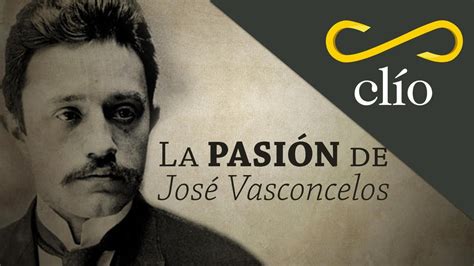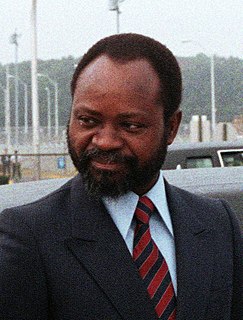A Quote by Alvaro de Vasconcelos
Of course former colonial powers are always more present and influential. They're the ones who need to defend the EU's values on the frontlines.
Related Quotes
It is positive that the United States and the European Union show a great deal of unity. Putin did not expect that. He thought he could split the EU, but the opposite happened: The EU imposed sanctions and even scaled them up. Of course we need more financial and military aid, the supply of lethal weapons is of crucial importance to us.
Over the longer term, the institutions and powers of the EU will continue to expand and certain policymaking powers, heretofore vested in the member states, will be delegated or transferred to, or pooled and shared with EU institutions. As a result, the sovereignty of the member states will increasingly be eroded.
After the Second World War, facilitating the establishment of the UN and aiding the reconstruction of Europe, the United States was widely viewed, at least in the West, as a benevolent hegemon. In the non-West, the US was often perceived as a supporter of the colonial powers in their struggle to maintain control over their colonial possessions, and was viewed far more critically, especially by emerging elites that were more inclined to socialist development paradigms than to the capitalist ethos favoured by Washington.
We do not need more material development, we need more spiritual development. We do not need more intellectual power, we need more moral power. We do not need more knowledge, we need more character. We do not need more government, we need more culture. We do not need more law, we need more religion. We do not need more of the things that are seen, we need more of the things that are unseen. It is on that side of life that it is desirable to put the emphasis at the present time. If that side be strengthened, the other side will take care of itself.
To those who feel that their values are THE values, the less controlled systems necessarily present a spectacle of "chaos," simply because such systems respond to a diversity of values. The more successfully such systems respond to diversity, the more "chaos" there will be, by definition, according to the standards of ANY specific set of values- other than diversity or freedom as values. Looked at another way, the more self-righteous observers there are, the more chaos (and "waste") will be seen.
Buddhists have a long-standing tradition of believing that at some level we always know what the best course of action is in any given situation. We just have to be quiet enough to let that course of action present itself to us. And we need the confidence to act when life shows us what we need to do.































